A Bar Mitzvah in Berlin
Allen Lipis attends his grandson’s bar mitzvah in Berlin, Germany and shares his experience in the AJT's Spring 2020 STYLE Magazine.
On Shabbos Feb. 1 a couple of weeks ago, I attended my grandson’s bar mitzvah in Berlin, Germany. Like any good Jewish family, the planning for the event began at least six months beforehand and I was asked to provide email addresses in the U.S. for dozens of families that my and daughter-in-law did not have.
The event was quite similar to events we held for our children, with a Friday night dinner, Kiddush after the synagogue service on Saturday morning, a big party Saturday night, and a breakfast on Sunday morning before some of the guests left for home.
There are about 12 synagogues in Berlin and the Jewish population continues to grow, estimated to be 30,000 Jews. The synagogue where the bar mitzvah took place was a Masorti synagogue associated with the Conservative movement. Fraenkelufer Synagogue was over 100 years old. The main part of the synagogue did not survive World War II, but the remaining part was capable of handling about 250 people, and the service was packed with standing-room only.
Seventeen people came from the U.S., and another 40 or so came from Cologne, where my daughter-in-law’s parents live. When I asked one of them why so many friends from Cologne flew the one-hour flight to be at the bar mitzvah, the female friend of the family said to me, “Allen, you have so many bar and bat mitzvahs in Atlanta, but we have very few in Cologne. For us, a bar mitzvah is a very special event. We wouldn’t miss it.”
The original plan was to hold a Friday night dinner at my son’s home, but the number of out-of-town guests was so large that the plan was changed to hold it at a local hotel. Almost everyone drove to the event, although there were a few orthodox people who walked.
While men and women could sit together at this synagogue for the bar mitzvah, the men sat in one section apart from the women, who sat in another section just next to the men. The service was very traditional with a tallis and kippah for the men and the entire reading of the Torah.
My grandson, Noah, was well prepared because he worked with a rabbi and his father, just as you might expect to happen here in Atlanta.
He read his parashah and then the haftarah with perfection. After finishing, he was showered with candy that we brought from the U.S., a request from our daughter-in-law Mimi. The many small children there gobbled up the candy quickly, and then Noah read his speech from the bimah. The service concluded with Noah again leading the singing of “Anim Zmiros.”
The Kiddush after the service was catered in the small social hall. The congregation is looking to raise several million dollars to rebuild the main synagogue, but German Jews are not as familiar with financial support for the synagogue. The reason is that deductions from your salary go to the religious affiliation you designate, and the central Jewish Federation receives these salary deductions from the government, thereby reducing the need for strong fundraising activities.
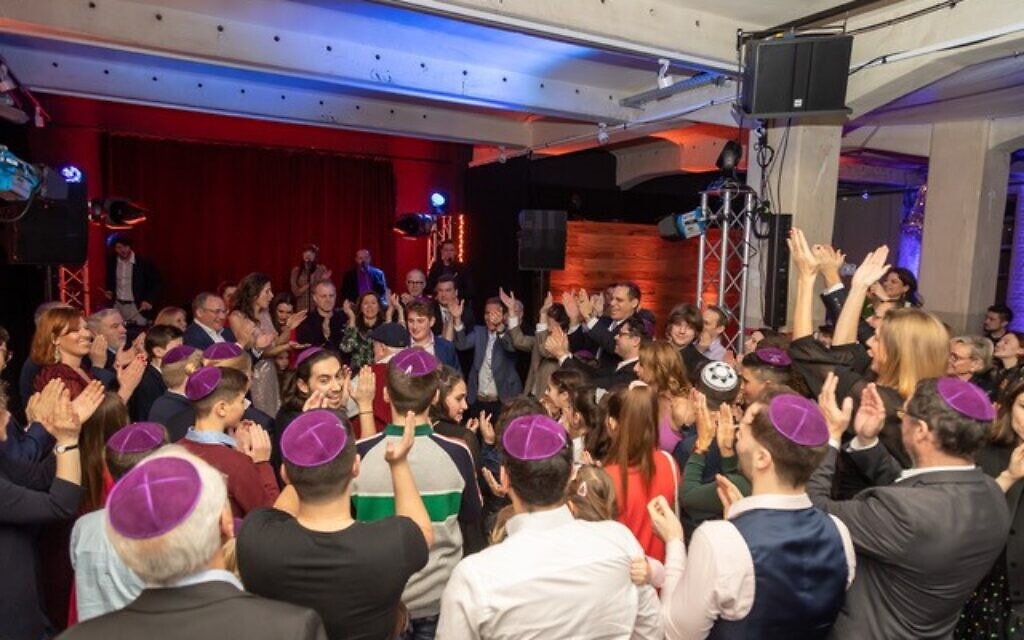
The party Saturday night was certainly among the best bar mitzvah parties I have ever attended. Held in an abandoned factory, the party took the entire top floor for about 170 people, with a band, a photographer, pinball machines, a boxing machine to hit as hard as you could to measure your strength, and several other items for children. The food was buffet, and kosher, with ice cream made with cream on a very cold plate, as well as crepes with chocolate or jellies. The Sunday morning breakfast was held at the office of our son Leo and his wife Mimi, who also has her business there. Their office was big enough to handle the large number of people. The entire weekend was elegant, very well organized with professional caterers.
Berlin is a booming town with lots of construction going on. The city is modern but carries three types of building façades. The more opulent façade with colorful statues and exquisite designs are the buildings built before World War II; the buildings with straight façades were built after the war under the Russian occupation; and the more modern tall, glass buildings are the new Western Germany designs. All the buildings by code must connect to each other, giving the impression of a very dense city, and the code also requires most buildings to be at the same height. Taller than code buildings require special permission from the city.
Because the buildings are dense, parking is a problem throughout the city, which is why public transportation is used by most everyone. There is an elaborate bus and train system, and a $3 Eurail Pass for the day will allow you to move from bus to train for the single fare. Taxis are plentiful, and so are small rental cars and bikes. You leave the rental car wherever you get out as long as you find a legitimate parking spot. The next renter calls a central number and is told where to find the closest rental car or bike. You enter your credit card in the vehicle with the passcode given from your phone call, and off you go. The car tracks the amount of time you spend in the vehicle and you are charged by the minute. It’s a terrific idea in a dense city.
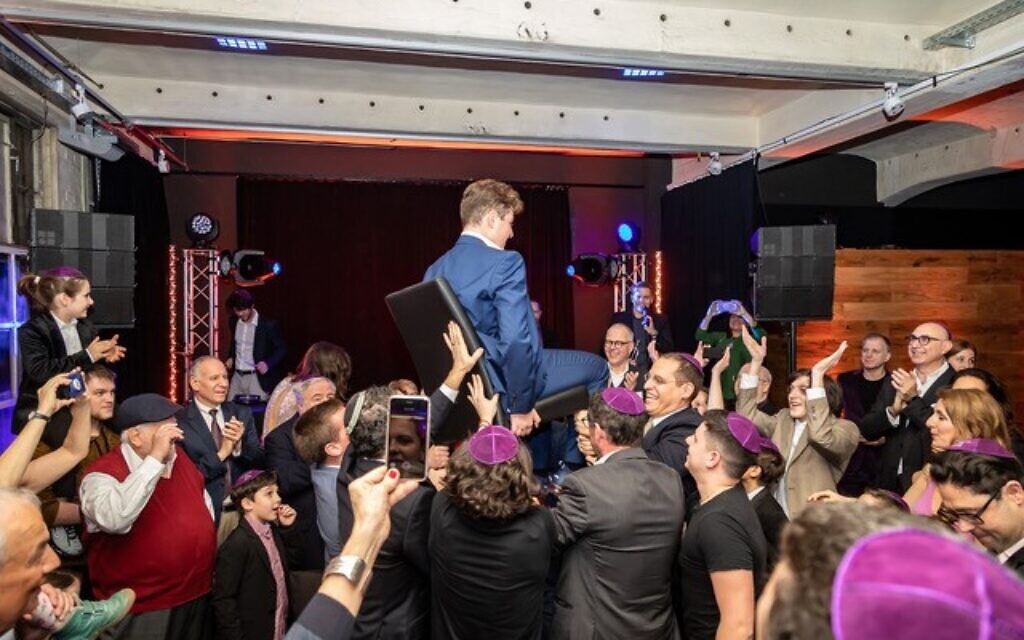
For those in the U.S. who refuse to visit Germany for what it did under Nazism, I can only say that there are many memorials and exhibits about the Holocaust and the treatment of the Jews during that time period. The most recognized one right near the Brandenburg Gate is a large, almost complete city block of various concrete forms, some 4 by 8 feet and others of varying heights. There are several hundred of these blocks with nothing written on them, and they stand as a memorial to the various concentration camps and for the people killed in them.
We also visited a new Masorti Jewish school, partly organized by our daughter-in-law and several other parents. The school is opened for its second year, with three classrooms, one for first and second grades, one for third and fourth grades, and one for fifth and sixth grades. With 20 students to begin with, the school is likely to double in size for next year. The structure of the school is based on allowing children to learn at their own pace, an approach more conducive to seeing learning as fun, but putting an extra burden on teachers. The children are learning German, English and Hebrew. In addition, there will be a Moishe House attracting Jews from 20 to 35 years in the same building for the coming year.
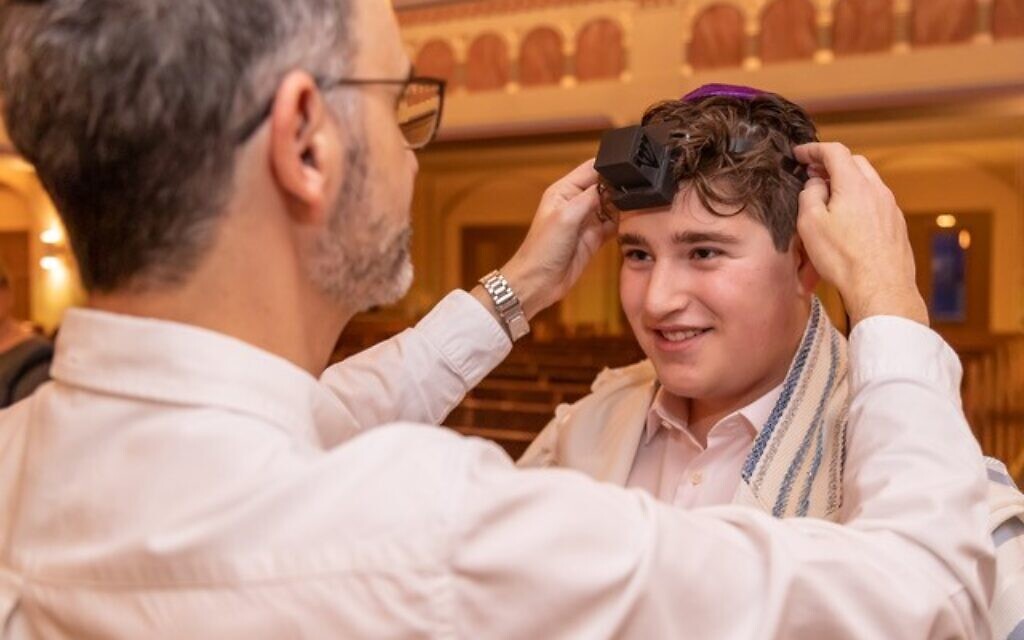
Because funds for the teachers comes from the government, fundraising is not as critical as in the U.S. and therefore, a school board is not typical. For this Jewish school, the concept of a school board had to be sold; parents and community leaders had to be persuaded to accept their responsibility, and bylaws had to be created. However, with growth, the school will need funds to add classrooms and a permanent administration, so fundraising now is inevitable.
One afternoon, a group of us went ice skating at an outdoor rink. For a few euros, you can ice skate all day on a small oval rink about 200 by 100 feet. The outer rink surrounding the smaller rink is a quarter-mile-track that is certainly Olympic-sized. With several hundred people ice skating when I was there, there was still plenty of room to handle much more. The rink is up all winter; the ice is about one foot thick and the rinks are professionally maintained. The rink closes in about April when the weather warms up to a point that the ice begins to melt, making it difficult to ice skate. It is a great way to enjoy the outdoors and get significant exercise without a great expense.
Whenever people ask me why my son is living in Berlin, I tell them that he married a wonderful woman who is a child of Holocaust survivors. Her family returned to Germany from Argentina and some survived concentration camps. The family could not get into the U.S.; they spoke German and Spanish, and some of their family survived in Europe. In many ways, raising a Jewish child in Berlin has advantages because of the ability to enjoy a major city, enjoy bakeries and international restaurants almost everywhere, and see firsthand a large variety of ethnic cultures. There is police protection at every synagogue and Jewish event, and there is a very strong commitment from the German government that anti-Semitism will be dealt with harshly. Whenever I am asked the question of why Jews are living in Germany, I answer, “The Nazis are gone, and the Jews are coming back.”



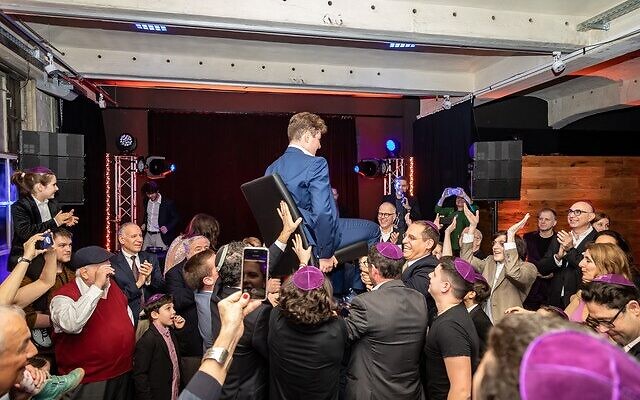
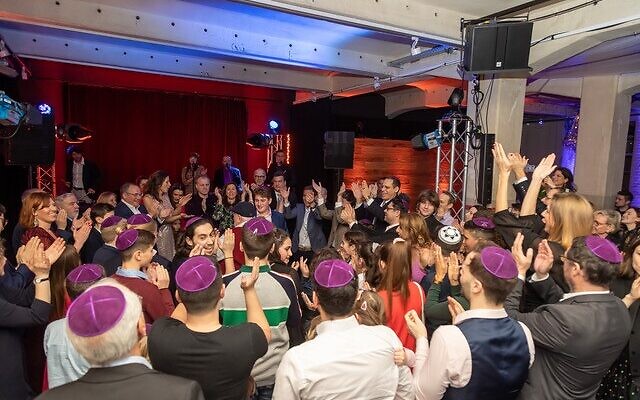
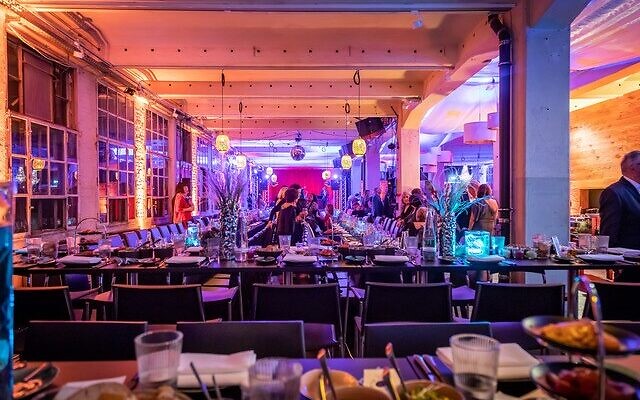
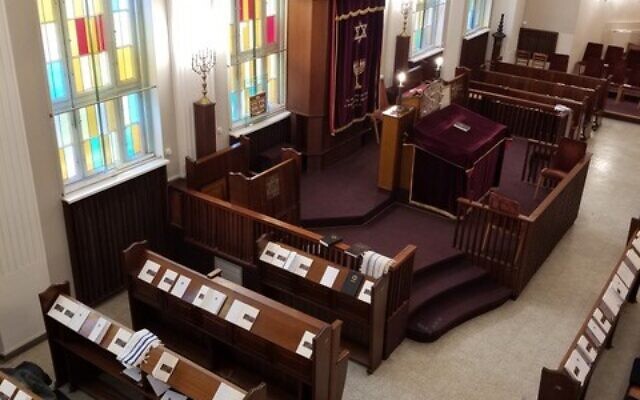
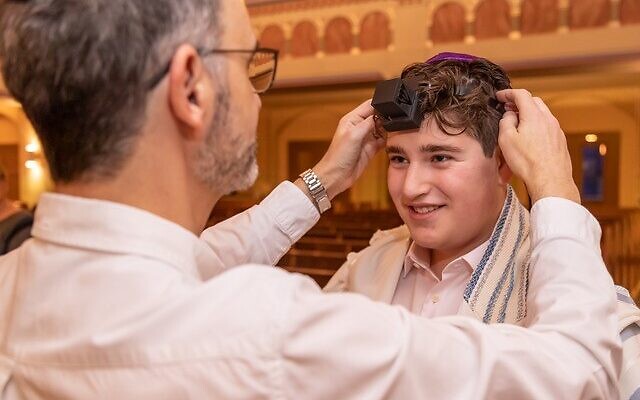
comments